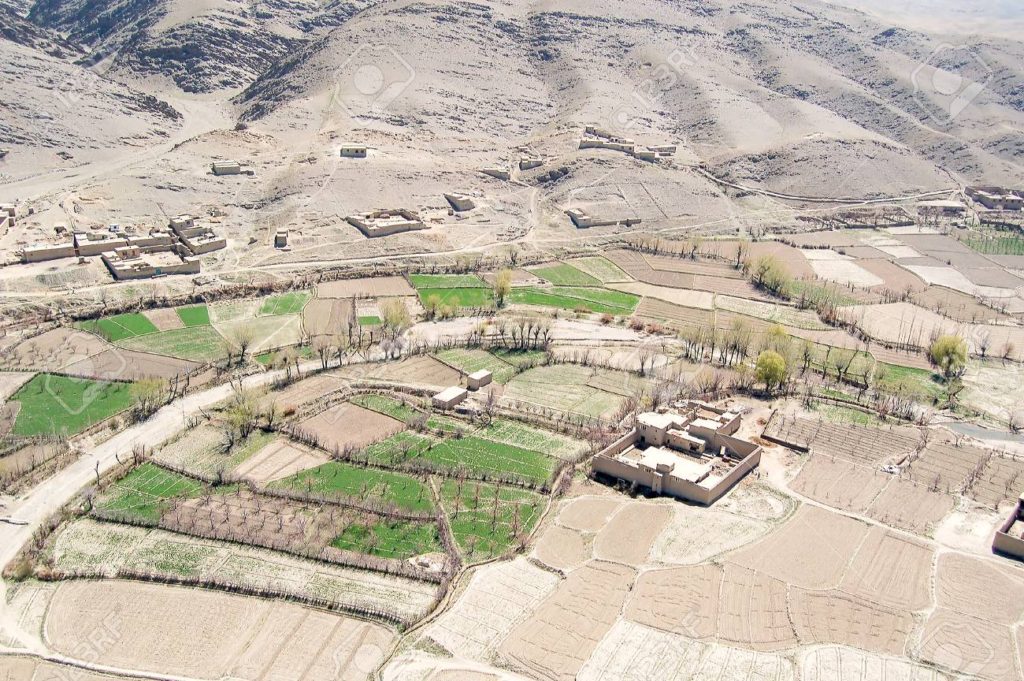
Exploring Whisky Culture in Ghazni, Afghanistan: Navigating Cultural Dynamics
whisky in ghazni afghanistan, a city steeped in history and tradition in Afghanistan, has witnessed the emergence of whisky appreciation as a cultural phenomenon. Despite the challenges posed by cultural norms and legal restrictions, whisky has found its place within certain segments of the population. This article aims to delve into the whisky culture in Ghazni, examining its cultural significance, legal considerations, and the experiences it offers to residents and visitors.
Cultural Context and Traditional Values:
Ghazni, like many parts of Afghanistan, upholds conservative Islamic values and traditions. However, within select circles, particularly expatriates and international visitors, there exists a curiosity and interest in exploring whisky as a beverage of choice, albeit within discreet settings.
Legal Framework and Restrictions:
Afghanistan’s legal framework strictly prohibits the production, sale, and consumption of alcoholic beverages, in accordance with Islamic law.
Cultural Significance and Social Dynamics:
Despite legal restrictions, whisky holds cultural significance in Ghazni, symbolizing luxury, sophistication, and exclusivity for those who choose to indulge. It is often associated with special occasions, celebrations, and gatherings among expatriate communities or within discreet social circles. The consumption of whisky in Ghazni represents a departure from traditional. Afghan customs and serves as a means of connecting with global trends and engaging in social rituals.
Community Engagement and Cultural Exchange:
Within expatriate communities and among international visitors, whisky appreciation serves as a conduit for cultural exchange and social interaction. Informal gatherings and private events provide opportunities for enthusiasts to share their passion for whisky. Exchange tasting notes, and learn about different varieties and brands. These interactions foster a sense of community and camaraderie among like-minded individuals in Ghazni.
Conclusion:
In Ghazni, whisky appreciation exists within the intricate interplay of cultural traditions, legal constraints, and global influences. While it may not be widely accepted or openly practiced, the appreciation for whisky represents a form of cultural expression and social engagement for select segments of the population. As Ghazni continues to navigate its cultural landscape and engage with the broader world. The whisky culture may continue to evolve and find its place within the city’s rich tapestry of tradition and modernity.
